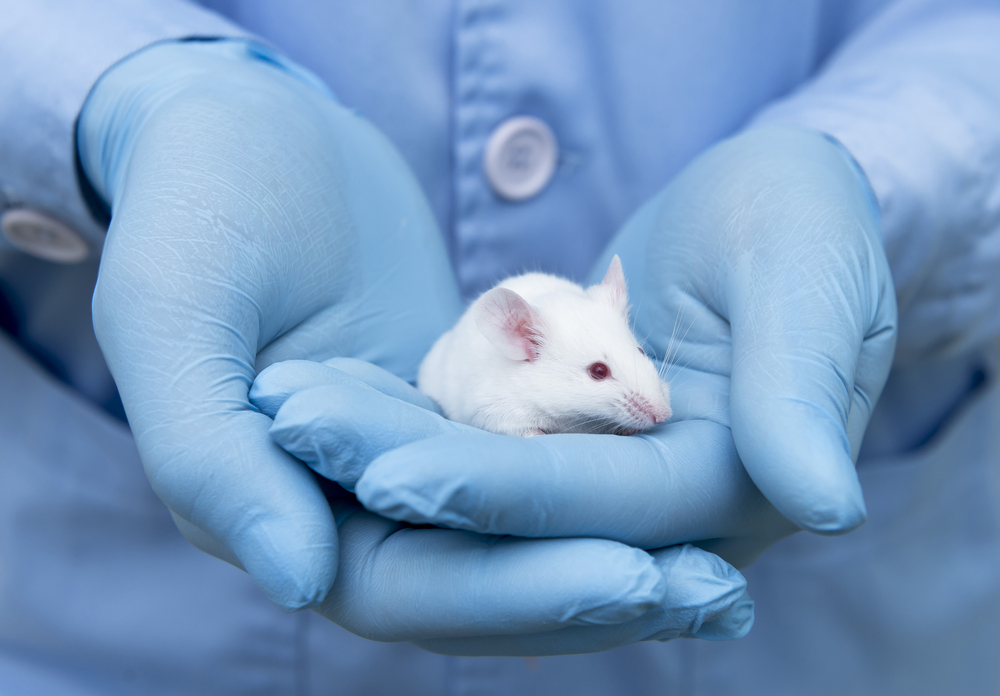Spred2 Gene Plays Possible Role in PF Development, Mouse Study Finds
Written by |

A protein-coding gene called Spred2 may contribute to pulmonary fibrosis (PF) development, potentially representing a new therapeutic target, according to the results of a new study.
Titled “Spred2-deficiency enhances the proliferation of lung epithelial cells and alleviates pulmonary fibrosis induced by bleomycin,” the study was published in Nature Scientific Reports.
Previous studies had shown that an absence of Spred2 made certain lung injuries worse, leading the current researchers, from Okayama University, in Japan, to hypothesize that Spred2-deficiency also could aggravate the development of PF.
The team tested their hypothesis by comparing the effects of bleomycin — a compound commonly used to induce PF in mice — in two sets of mice: one lacking the Spred2 gene (Spred2-null) and the other one normal, or “wild-type.”
The researchers found that while the wild-type mice developed the characteristics of PF, the Spred2-null mice developed much milder symptoms, which almost completely resolved over time.
At higher doses of bleomycin, eight out of 11 (approximately 73%) of the wild-type mice died, compared with two out of nine (22%) of the Spred2-null mice.
“These results indicated that Spred2-deficiency alleviates the development of [bleomycin]-induced PF,” the researchers wrote — findings which were in contrast with their initial hypothesis.
The scientists next examined different groups of cells in each type of mouse, looking for clues that might explain these effects.
In general, they found that cells lacking Spred2 proliferated faster than wild-type cells.
Epithelial cells and fibroblasts — two cell types associated with wound repair and which contribute to PF — divided and migrated more quickly in the absence of Spred2.
Fibroblasts in particular are associated with the development of idiopathic pulmonary fibrosis, or PF of unknown cause. These cells evolve into myofibroblasts, which the researchers described as “the classic pathologic fibroblast [type] described in IPF lungs.”
In IPF, myofibroblasts overproduce key components of the extracellular matrix (ECM) — a network that provides structural and biochemical support to cells — causing the tissues of the lungs and airways to become stiff and less able to expand to take in adequate breath.
Although fibroblasts lacking Spred2 grew and moved faster than wild-type ones, they did not produce more markers of activation of pro-inflammatory molecules. Thus, Spred2 deficiency in fibroblasts alone cannot account for the reduced PF seen in these mice, the investigators noted.
Similarly, the loss of Spred2 in myeloid cells — a part of the innate immune system that recognizes pathogens and recruits other immune cells to the sites of injury — did not significantly change the amounts of pro-inflammatory molecules they normally produce.
The researchers investigated these cells further in mice with Spred2 depleted only from myeloid cells. As before, they found that the loss of Spred2 in these cells could not account for the reduction in IPF development seen in the Spred2-null mice.
Finally, the team observed that Spred2 appeared in its highest concentration in the epithelial cells of the bronchi, particularly in club, or Clara cells, that are important in keeping airways lubricated and free of infection.
“These results suggest that Spred2 is involved in the regulation of tissue repair after [bleomycin]-induced lung injury and increased proliferation of lung bronchial cells in Spred2[-null] mice may contribute to faster tissue repair,” the researchers wrote.
According to the team, and to the best of their knowledge, this is the first study to demonstrate a role for the Spred2 gene in PF. They believe that “Spred2 may present a new therapeutic target for the treatment of PF.”
However, exactly why the loss of Spred2 limits PF development remains unclear. The team suggested that further studies involving the conditional loss of Spred2 in different cell types may prove enlightening.


